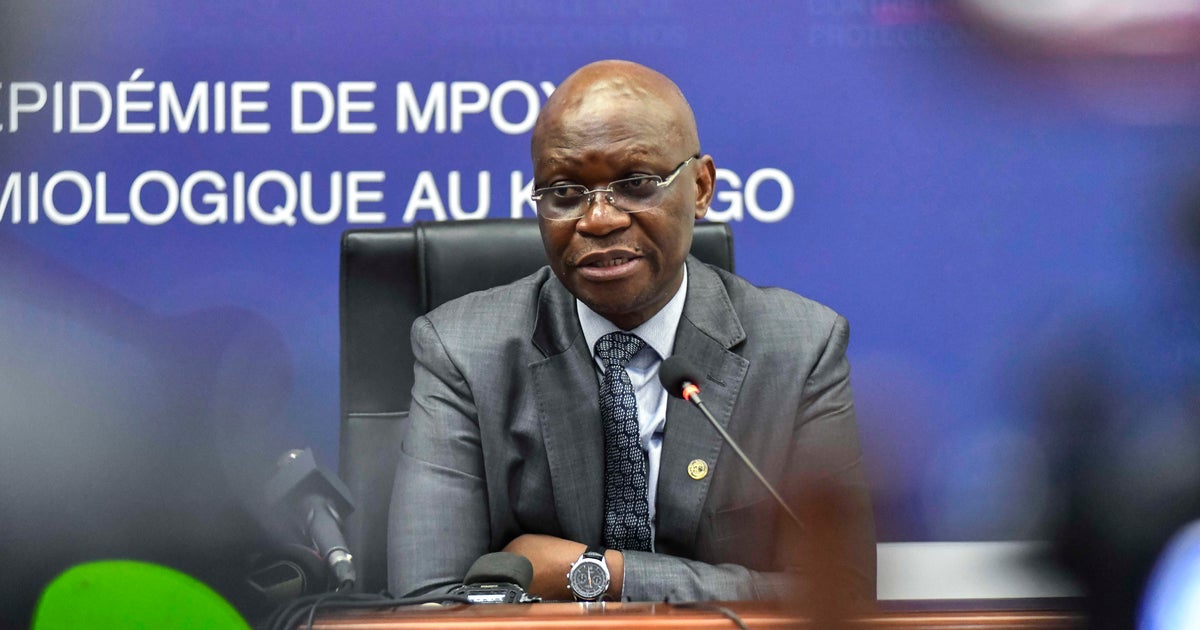CTE diagnosed in Hall of Famer Tony Dorsett, two other living NFL players: Report
Tony Dorsett, a Hall of Fame running back, is reportedly one of three former living NFL players to be diagnosed with chronic traumatic encephalopathy (CTE).
ESPN "Outside The Lines" reported Tuesday that Dorsett, 59, former offensive lineman Joe DeLamielleure, 62, and defensive end Leonard Marshall, 52, underwent brain scans and other tests for the past three months at UCLA. They were diagnosed with having signs of the disease that typically can only be definitively diagnosed through autopsies of the brains.
CTE is a degenerative brain disease found in deceased athletes who have a history of repeated head trauma, including concussions or blows to the head. The brain scans show physical damage usually seen in much older individuals with Alzheimer's, including the telltale plaque buildup of proteins called tau and tangled nerve cells.
People confirmed to have the disease in autopsy were reported to have memory loss, confusion, impaired judgment, impulse control problems, aggression, depression, and, eventually, progressive dementia, according to Boston University's Center for the Study of Traumatic Encephalopathy.
CTE has been confirmed on autopsy in several NFL athletes, includingDave Duerson, Mike Webster, Ray Easterling and recently, Junior Seau, who took his own life in May 2012. It has also been found in hockey players, boxers and combat veterans.
Attempts to diagnose the disease in the living have been ongoing.
In January, scientists at UCLA claimed they were able to find evidence of the disease in five living, retired NFL players. Lead study author Dr. Julian Bailes, director of the Brain Injury Research Institute who had been collaborating with UCLA, at the time said it was the "holy grail of CTE research to be able to identify those who are suffering from the syndrome early, while they're still alive."
Researchers came to the diagnosis after using a PET scan imaging test that uses a radioactive tracer dye that binds to abnormal tau proteins in order to pinpoint the regions these buildups were occurring. They found such buildups in regions of the brain that control for learning, memory, behavior and emotions when comparing the scans to those of healthy men.
Evidence of the disease was found in a linebacker, guard, center, defensive lineman and quarterback, who later identified himself as former backup Wayne Clark.
According to ESPN, researchers notified Dorsett on Monday they had diagnosed him as having signs of CTE. Two weeks prior, he had told "Outside The Lines" he sought the testing at UCLA because he had experienced memory loss, depression and thoughts of suicide.
"I've thought about crazy stuff, sort of like, 'Why do I need to continue going through this?'" he said. "I'm too smart of a person, I like to think, to take my life, but it's crossed my mind."
He added that he'd repeatedly forget why he was on the October flight to Los Angeles for testing. That happens often, he said, including when he drives his young daughters to sports games.
Dorsett sat down with the Associated Press in Feb. 2012and discussed health problems stemming from concussions, including forgetting people's names or why he walked into a room or where he's driving to while already on the highway.
"There's no doubt in my mind that ... what I went through as a football player is taking an effect on me today," he said at the time. "There's no ifs ands or buts about that. I'm just hoping and praying I can find a way to cut it off at the pass."
He was a plaintiff in the concussion lawsuit with the NFL that was recently settled for $765 million.
DeLamielleure told ESPN he gets depressed "for no reason" when sitting for any length of time, and hopes his testing could lead to a way to fight the disease.
"Let's see what the heck we can do about it," he said.
Marshall mentioned his erratic behavior, short-term memory loss and fogginess that he has experienced since his retirement.
He said following his emotional diagnosis, "It's been a rough road and hopefully now there'll be a light at the end of the tunnel."





